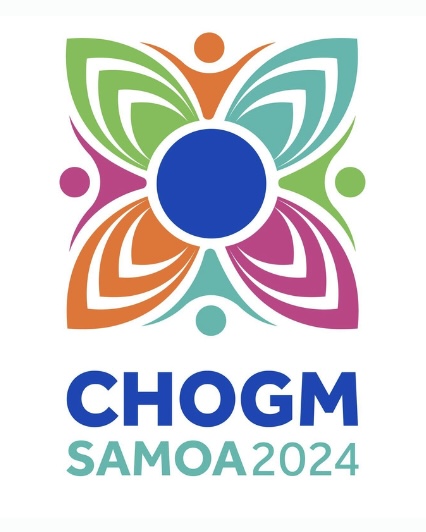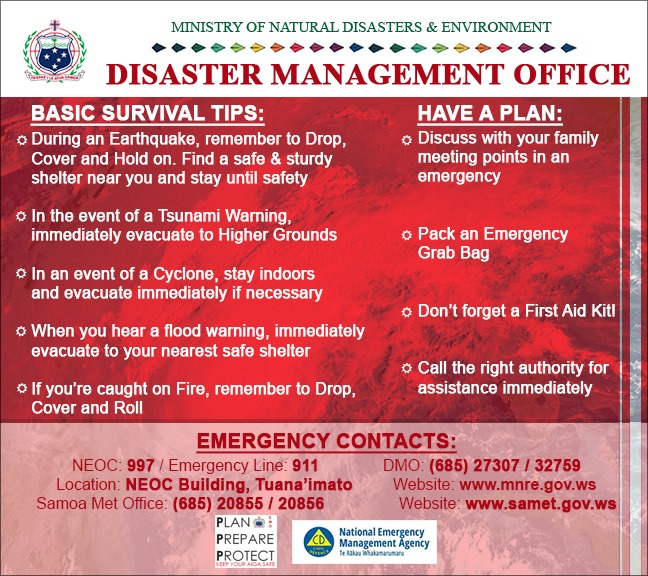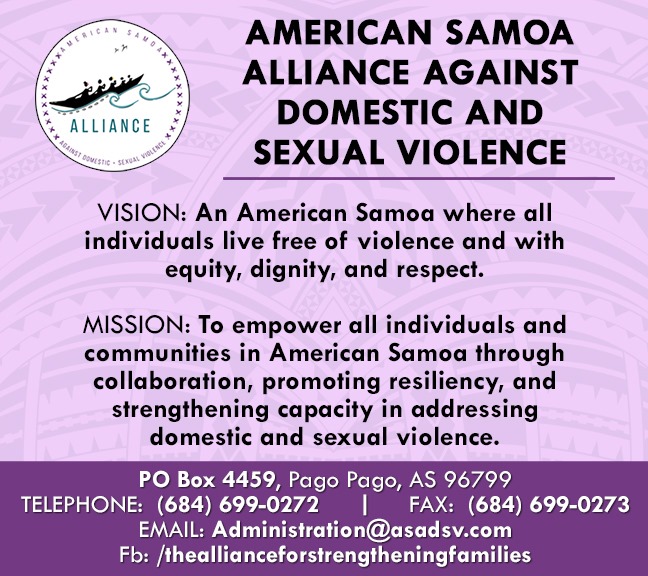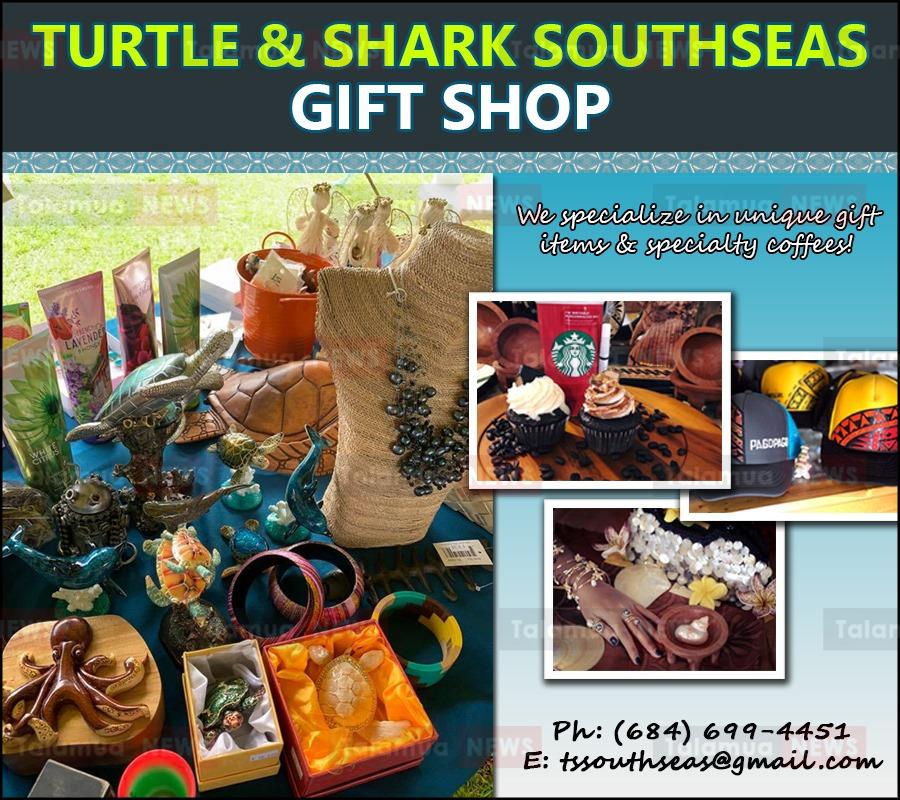Agriculture & Fisheries
Women Farmers share on Organic Composting & Fertilizer Production
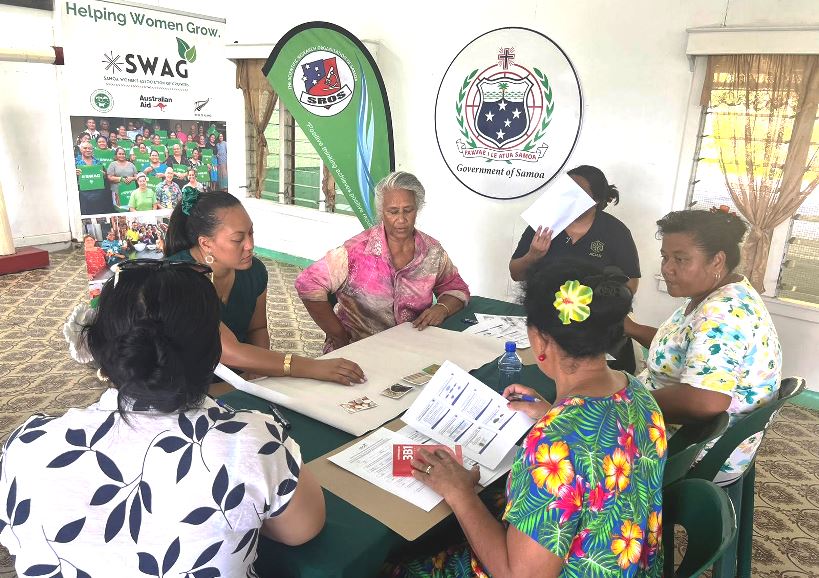
Apia, SAMOA – 11 June 2024 – The Samoa Women’s Association of Growers (SWAG) focused on Organic Composting and Fertilizer Production in a one day workshop at the Scientific Research Organisation of Samoa Conference Centre, Papauta on Friday 7th June.
The use of organic fertilizers plays a significant role in sustainable agriculture helping yield, soil health and plant fertility. This is not only environmentally friendly but more importantly safe for humans and animals.
Trainer, Moon shared about biogas that is produced via anaerobic digestion. It is an environmentally friendly renewal energy source produced from the decomposition of organic waste. The by product is referred to as digestate, a nutrient rich organic material that is generated because of this anaerobic process.
Environmental Benefits include soil health improvement, promotes circular economy and reduction of erosion. Increasing water retention as soil amendment and nutrient recycling are other advantages. Biogas can also help reduce methane and carbon emissions while producing cleaner fuel for cooking, lighting, and electricity.
The economic benefits include generating income from compost or organic fertilizers and cost savings from energy expenditures. Social benefits align with principles of regenerative agriculture, promoting biodiversity, long term productivity and equally important waste management.
Organic Fertilizers are produced entirely of natural raw materials of plant or animal origin. Phosphorus, nitrogen, magnesium, and potassium are nutrients in organic fertilizers that help plant health and fertility. These elements are released when soil organisms like working bacteria and fungi break down the fertilizer pellets.
Using natural fertilizers leads to an increase of micro-biologic activity in the soil. This organic matter is then broken down by organisms in humic and amino acid. Oxygen is required and drawn, making the soil structure lighter.
Due to this combination, a rich healthy solid with a good biodiversity is formed. Plants that are fed with these fertilizers develop a high resistance again diseases and pests.

Nafanua Fertilizer
The participants were introduced to the ‘Nafanua Fertilizer’ which was developed by SROS. More research and trials are being carried out with the Ministry of Agriculture before this organic material is publicly available. This does not limit farmers in creating their own compost and sharing with fellow farmers. The SROS Research team supports more discussion between partners, sharing of innovative ideas to help their work, research and develop alternatives for a healthier ecosystem.
More than thirty participants worked in groups during the training with hands on examples of creating compost and liquid fertilizers from everyday household plant and organic scraps.
“This is a very important workshop for us from Savaii, we have learnt new methods that are free and cost effective,” said Oka Tapusoa, one of the Savaii participants.
“More workshops and research from our team is required. Samoa Women’s Association of Growers needs more funding for these kinds of training,” said Angelika Tugaga, SROS Scientist.
SWAG is very appreciative of the ongoing support of our donor partners which has enabled the delivery of this training. We have had a lot of interest as shown from the attendance today, we believe the training will encourage many growers and business owners to take these lessons on board and use them.
The workshop was made possible through the partnership between M.A.F. and the International Fund for Agriculture Development (I.F.A.D.) and distributed from the Pacific Island Rural and Agricultural Stimulus (P.I.R.A.S.) Facility. The P.I.R.A.S. Facility aims to support COVID-19 food systems and economic recovery across villages by targeting women and youth actively working in the sector to improve sustainable food production and nutrition while also strengthening inclusive local chains.









